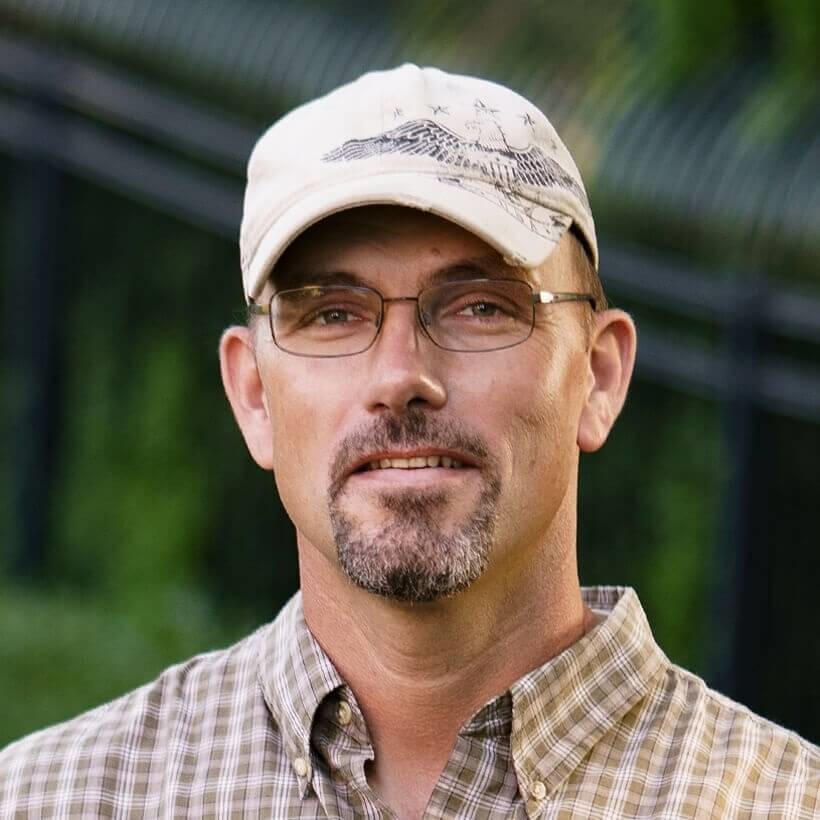

This page was reviewed under our medical and editorial policy by Maurie Markman, MD, President, Medicine & Science
This page was updated on July 20, 2022.
The testicles, or testes, are male sex glands that produce sperm. Because they also manufacture the male sex hormone testosterone, the testicles are considered both part of the endocrine system and part of the male reproductive system.
Reproductive cells called germ cells develop into sperm through a process of cellular division called meiosis. Under normal circumstances, cell division is regulated. Sometimes, the germ cells begin to divide uncontrollably and, instead of producing functional sperm, the germ cells create copies of themselves. When this happens, the cells are considered cancerous. This kind of out-of-control division may happen in other types of cells in the testicles, but nearly 95 percent of all testicular cancers are germ cell tumors.
Through rare among the general population, testicular cancer is the most common cancer in young men between 15 and 44 years old. The median age of a patient diagnosed with the disease is 33, exactly half the median age of all new patients for all cancers combined.
About 9,720 new cases of testicular cancer are expected to be diagnosed in the United States in 2025 according to the American Cancer Society.
At City of Hope, we use a range of tools and technologies to diagnose testicular cancer. After a comprehensive diagnostic evaluation of the disease, our doctors will work with you to develop a treatment plan tailored to your needs, preferences and goals. We also offer supportive care therapies to help with pain management and to address emotional and sexual impacts this type of cancer may cause.
This overview will cover the basic facts about testicular cancer, including:
If you believe you may be experiencing symptoms of testicular cancer and want to schedule an appointment for diagnostic testing, or if you’re interested in a second opinion on your testicular cancer diagnosis and treatment plan, call us or chat online with a member of our team.
Although cancer research has not identified the exact cause of testicular cancer, certain factors have been identified that may increase a man’s testicular cancer risk.
These factors include:
About 80 percent of testicular cancers occur in adult men under the age of 44, with more than half occurring in men between 20 and 34 years old.
White males have a five times’ greater risk of developing testicular cancer than black men, and a three times’ greater risk than Asian-American or Native American men. Hispanic/Latino men are at higher risk than Asian-Americans, but at a lesser risk than white males. Testicular cancer occurs most frequently in the United States and Europe.
Men who have an undescended testicle are also at an increased risk of testicular cancer, specifically in the undescended testicle.

"There is so much more to the experience of City of Hope than just the treatment. Some people have asked me why I travel for treatment, why I don’t just go somewhere local. Doesn’t it make life complicated? No, it doesn’t. City of Hope takes the worry away. Scheduling, appointments, all of these details are taken care of. My response when people ask me about the inconvenience of traveling for treatment is that all I need to do is get there and get myself home. City of Hope takes care of everything else."
Many types of cells are found in the testicles, all of which may become cancerous.
Types of testicular tumors may include:
Knowing the symptoms of testicular cancer may increase the likelihood of finding the disease in its early stages. In some cases, men may discover a lump accidentally or during a routine self-examination.
Some signs of a testicular tumor are also associated with non-cancerous conditions.
Signs of testicular cancer may include:
Some testicular cancers do not produce any symptoms at all. Some non-cancerous conditions produce symptoms similar to a testicular tumor, such as testicular injury and inflammation, and viral or bacterial infections.
Diagnostic tests for testicular cancer may include:
Learn more about diagnostic procedures for testicular cancer
Treatment options for testicular cancer may include:
At City of Hope, we understand that managing the side effects of testicular cancer treatment may be challenging. Testicular cancer, like other urologic cancers, can impact patients’ quality of life, sometimes in debilitating ways. That’s why your care team will include a urologic oncologist. Urologic oncologists are trained to treat urinary tract malignancies using a variety of tools and technologies that are designed to treat the disease while sparing healthy tissue.
Testicular cancer treatments may affect your hormone levels and damage the testicles, sometimes making it difficult to produce enough sperm to conceive a child. If you plan on having children, speak with your care team before beginning treatment, so they can provide guidance on how best to preserve your fertility.
In addition to a urologic oncologist and other cancer experts, your care team will include supportive care providers who’ll work with you to help reduce side effects and address sexual function and intimacy concerns. They can also help with the mental health side effects, such as depression, anxiety and self-image challenges, sometimes caused by testicular cancer and its treatment.
Supportive care therapies that may be recommended to help patients with testicular cancer stay strong and maintain their quality of life include: